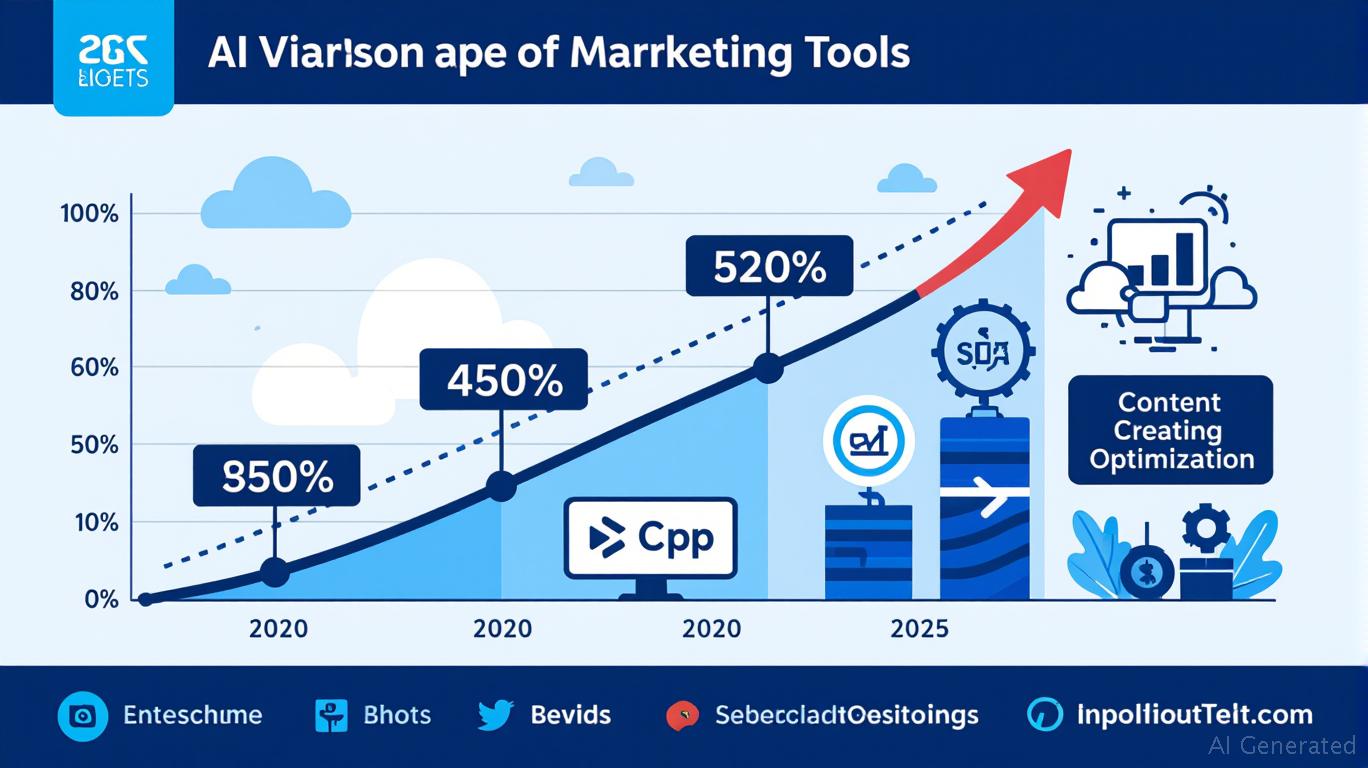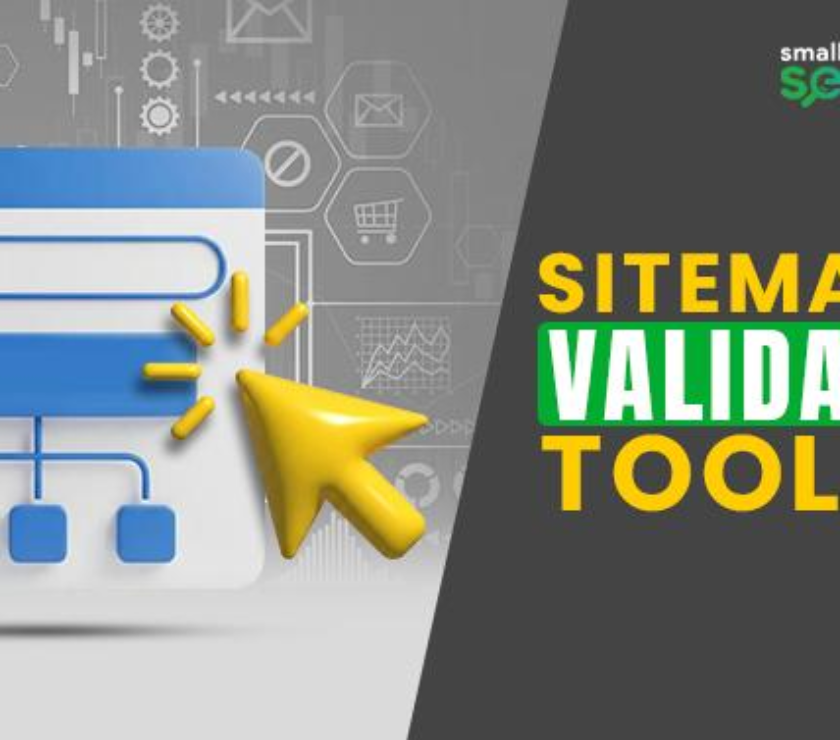News/
Articles/
Articles Details
Tracking the pulse of global finance, one headline at a time.
The marketing sector is undergoing a seismic shift as AI-powered content creation tools transform how brands engage audiences. By 2025, 92% of businesses intend to invest in generative AI tools, with 88% of digital marketers already integrating AI into daily workflows. This rapid adoption is not merely a tech trend but a necessity for survival, driven by efficiency gains, SEO optimization, and the demand for hyper-personalized content. For investors, the question is: Which companies are positioned to capture this $47.32 billion market—and how can they be evaluated through SEO and user engagement metrics?
The rise of AI content tools is fueled by their ability to streamline workflows and amplify reach. 74.2% of new webpages now include AI-generated content, while 86% of marketers report saving over an hour daily on creative ideation. Tools like Jasper, Claude, and Typeface’s Arc Agents are enabling brands to produce high-quality content at scale, from blog posts to social media campaigns. Meanwhile, platforms like Sprout Social and Salesforce Einstein automate social media management and customer insights, boosting engagement and ROI. 
To identify undervalued firms, investors should focus on three pillars:
AI tools like Surfer SEO and Semrush use machine learning to optimize content for search engines, driving traffic and rankings. Companies that integrate these solutions into their marketing stack often see 20–40% higher organic traffic growth. For example, HubSpot (HUBS) has embedded AI-driven SEO tools into its platform, enabling clients to tailor content to keyword trends in real time.
Social media automation tools like SocialPilot and Agorapulse help brands maintain consistent, audience-driven posting schedules. High engagement (likes, shares, comments) correlates with higher conversion rates, a key indicator of a platform’s value. Sprout Social (SPT) stands out here, with its AI sentiment analysis and chatbot features driving 20% faster customer response times for clients.
AI reduces marketing costs by automating repetitive tasks. Zapier (ZAPR) and Salesloft leverage AI to streamline workflows, cutting operational expenses by up to 35%. Firms like Adobe (ADBE), which integrates AI into its Creative Cloud suite, are attracting enterprises seeking end-to-end solutions for content creation and distribution.
While established players like Salesforce (CRM) and Microsoft (MSFT) dominate headlines, smaller firms are carving niches:
– Typeface: Its AI-powered Brand Hub ensures content aligns with brand guidelines, reducing compliance risks—a critical factor for regulated industries.
– Surfer SEO: Its AI-driven keyword and content optimization tools have boosted client rankings by 25% in six months.
– Ceros: Specializes in interactive content creation, offering AI templates that increase user dwell time by 40%.
The sector is not without hurdles. 39% of marketers admit they lack AI training, and 43% worry about biases or inaccuracies. Companies like Salesforce and Google (GOOGL) are addressing this via partnerships with educational platforms, but investors should prioritize firms with clear training pipelines and ethical AI frameworks.
The AI content revolution is a full-stack opportunity. Investors should target firms that:
1. Offer end-to-end solutions (e.g., content creation + SEO + social automation).
2. Demonstrate scalable AI integration with measurable SEO and engagement gains.
3. Address training gaps and data privacy concerns proactively.
With the AI marketing market projected to hit $107.5 billion by 2028, now is the time to position for this future. Look beyond hype—focus on metrics that prove real-world impact, and you’ll find the next winners in digital marketing.
Data sources: Salesforce, Ahrefs, SurveyMonkey, McKinsey, company reports.
No comments yet
website SEOWebsite Traffic

